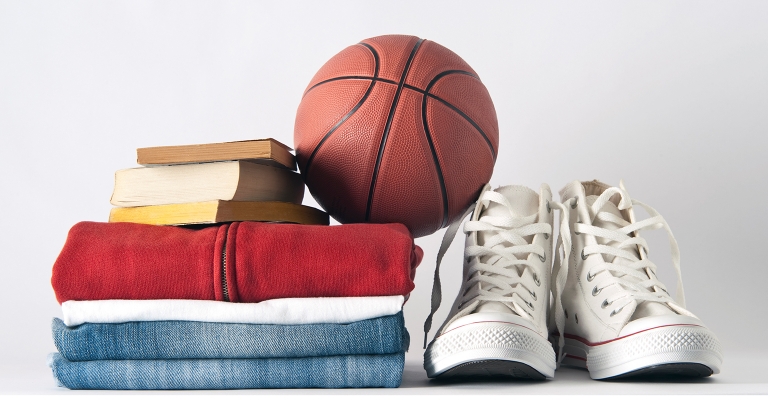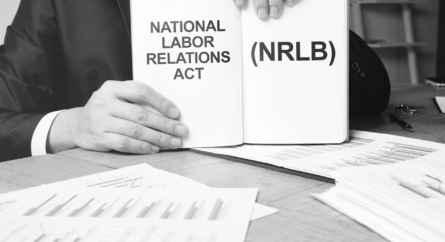Game Changer? The NLRB Rules that Dartmouth Basketball Players Are Employees
In what may be a game-changer for many college athletics programs, a National Labor Relations Board (NLRB) regional official ruled on February 12 that members of the Dartmouth College men’s basketball team are employees of the university. NLRB Regional Director Laura Sacks noted that the basketball team performs work that benefits the university, and that Dartmouth controls the players by, for example, setting practice and game schedules, requiring them to abide by an athletics handbook, and requiring that they play only for the university. While Dartmouth argued that it does not compensate its student athletes through athletic scholarships, and does not profit from the team, Regional Director Sacks noted that the team received benefits such as an “early read” for admissions, equipment and apparel, tickets to games and other benefits, including counseling, training, and career development that is only available to athletes, and found that these benefits amounted to compensation.
The decision, if upheld, would change the playbook for athletics departments nationwide. College athletes/employees could be entitled to wages and workers’ compensation and can unionize to negotiate salaries and other benefits. This would necessarily change the way many colleges’ athletics departments – particularly those that are not profit generating – operate.
Collegiate athletics programs whose athletes do generate profits are also feeling the full-court press and may have a less solid defense. A complaint currently pending before a different NLRB body in California asserts that football and basketball players at the University of Southern California (USC) are also employees and should be able to unionize. Unlike Dartmouth, USC will not be able to argue that it does not profit from these teams, or that it does not provide financial compensation in the form of scholarships.
The game is not yet decided for universities, however, as Dartmouth is likely to appeal Regional Director Sacks’ decision to the national board. This may not be a winning shot, as Laura Abruzzo, the NLRB’s General Counsel wrote a memo in 2021 stating that college athletes should be considered employees. NLRB decisions may, in turn, be appealed to U.S. Courts of Appeals, and potentially the Supreme Court, which means that Dartmouth’s and USC’s collective hopes may be with the First and Ninth Circuits. In the meantime, sports fans should stay tuned as the rivalry between student athletes and their institutions continues to generate heat.
Categorized: College Athletics, Employment
Tagged In: collegiate athletics programs, National Labor Relations Board, student athletes








